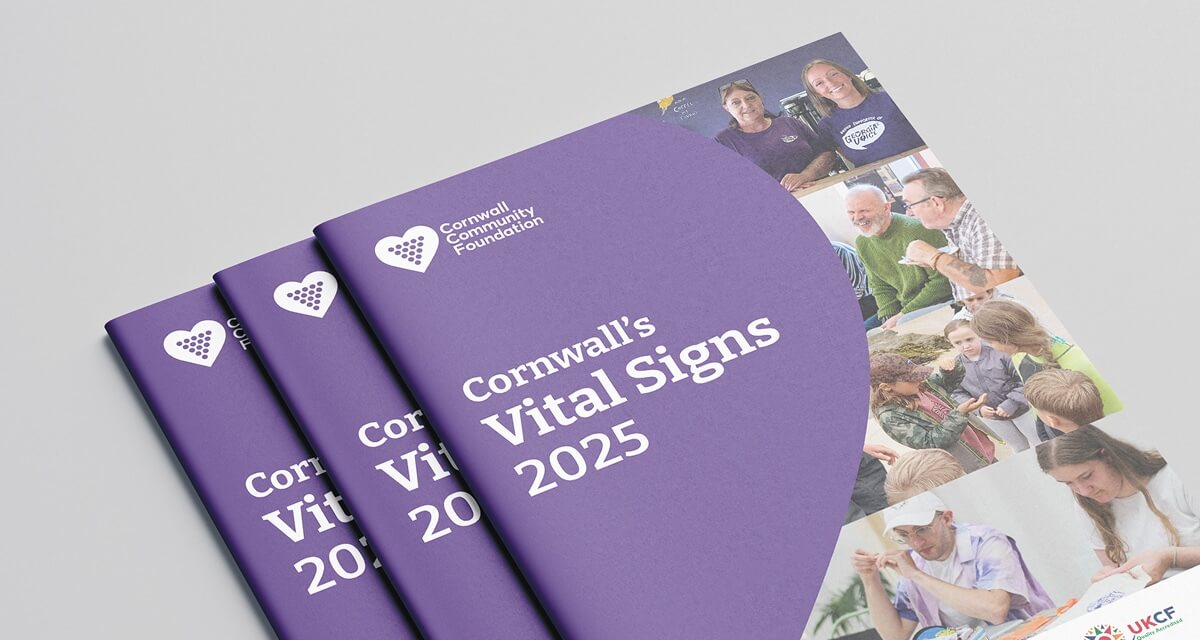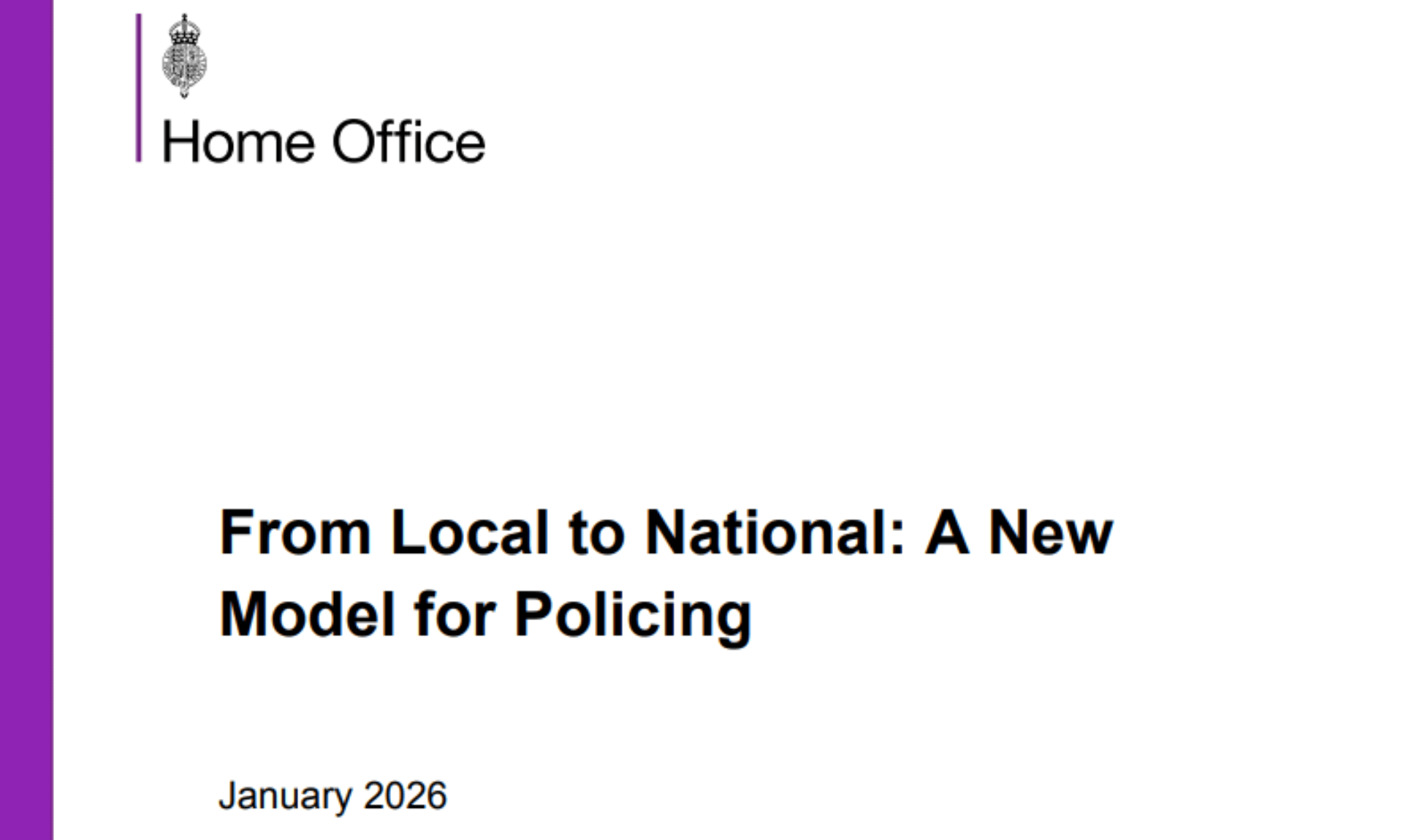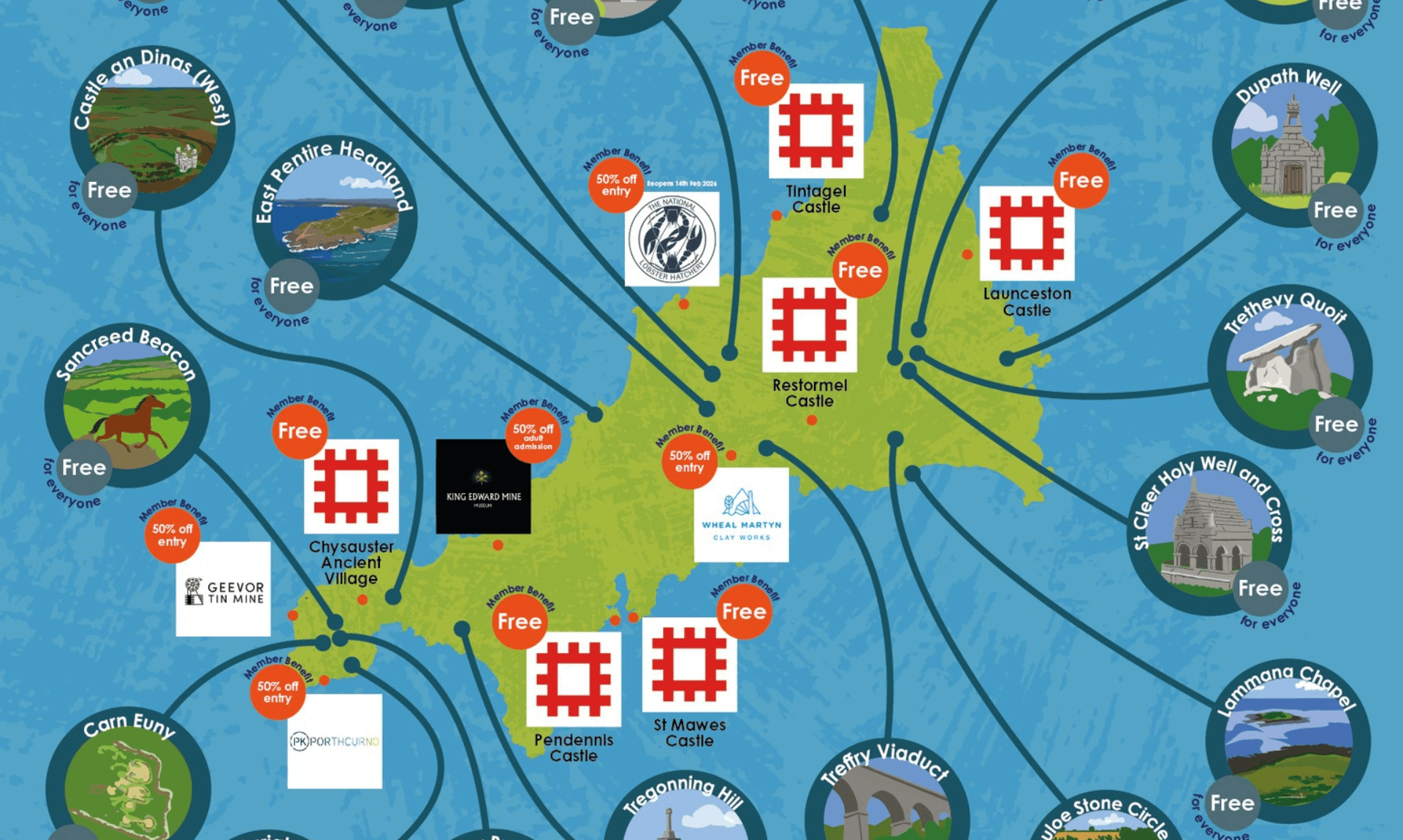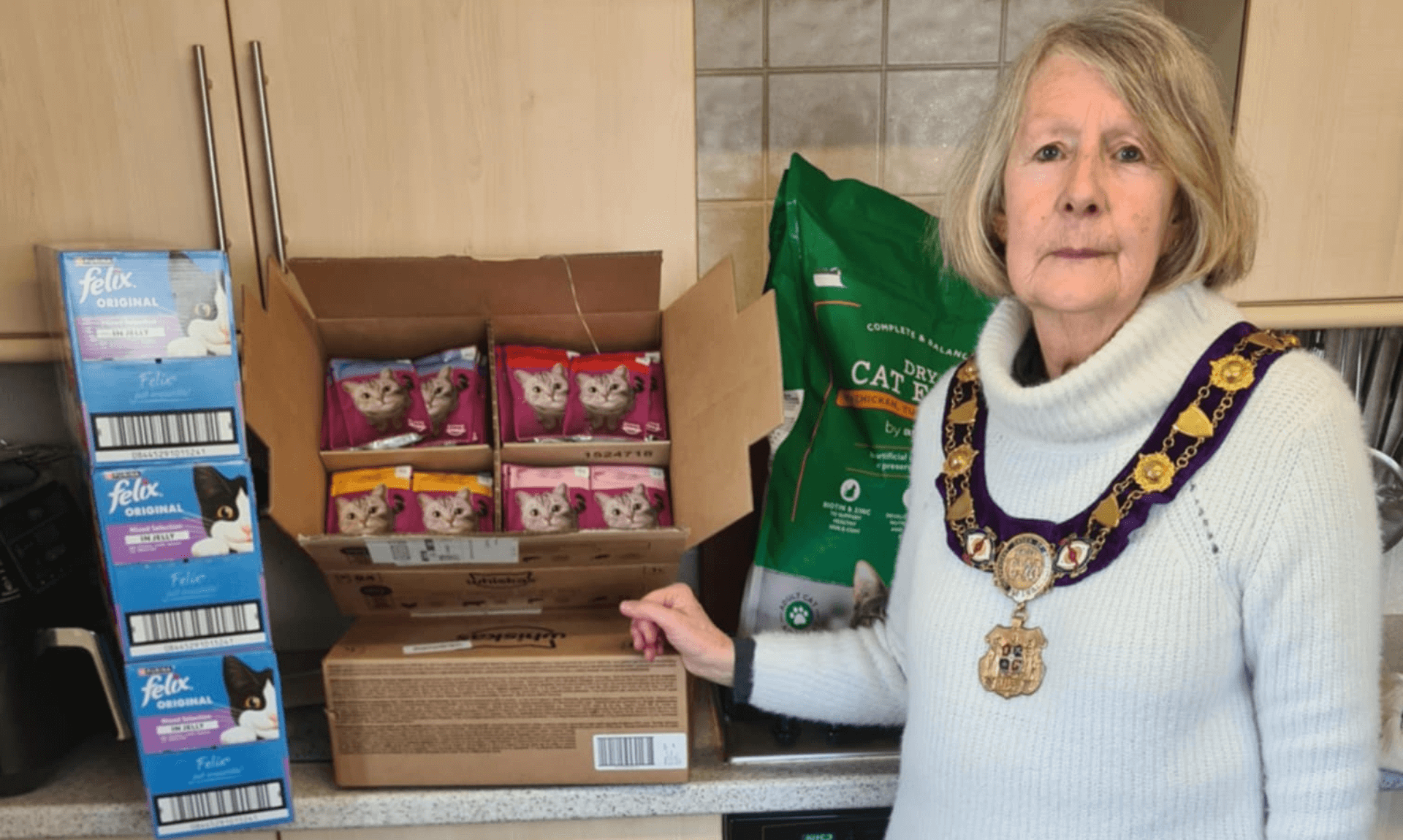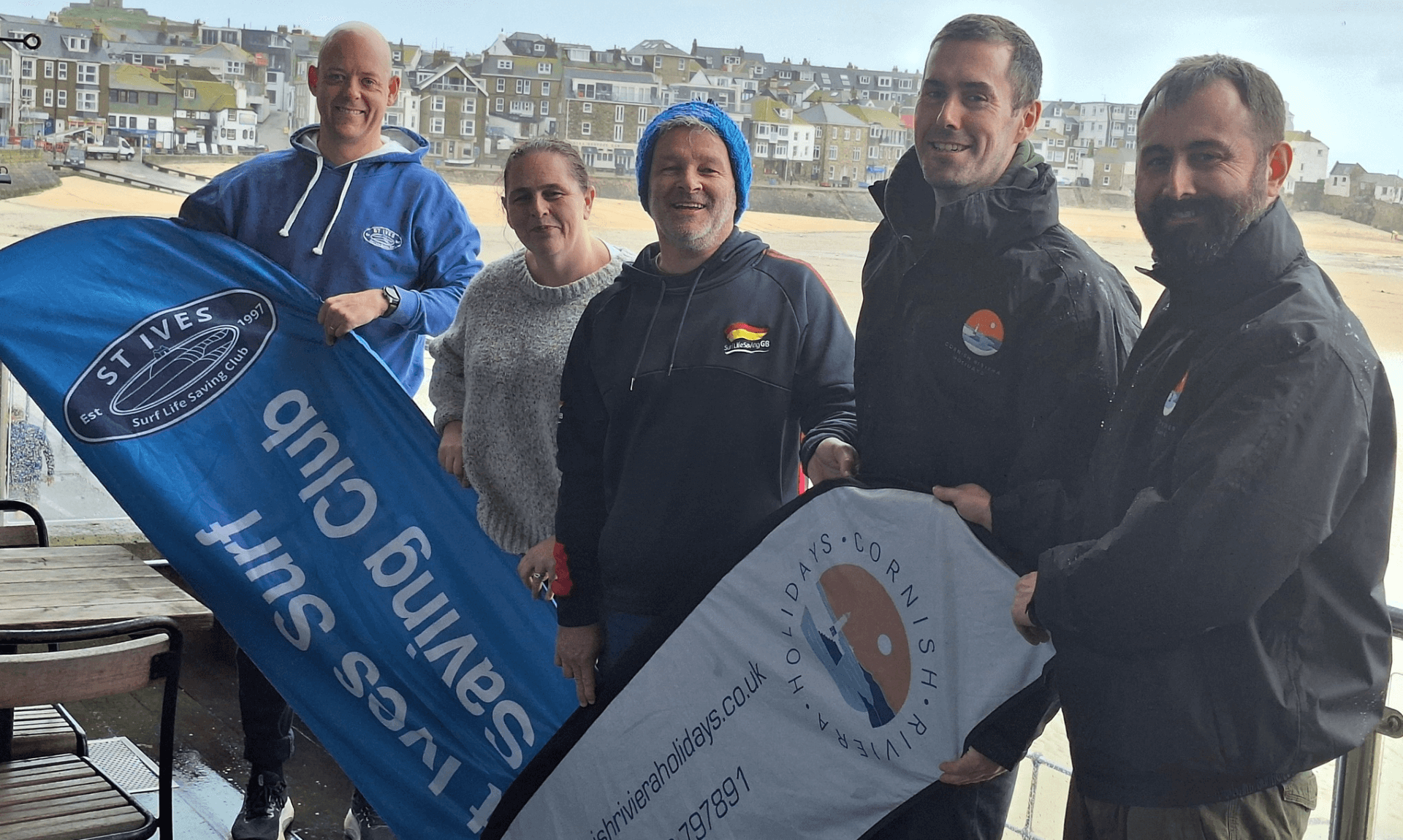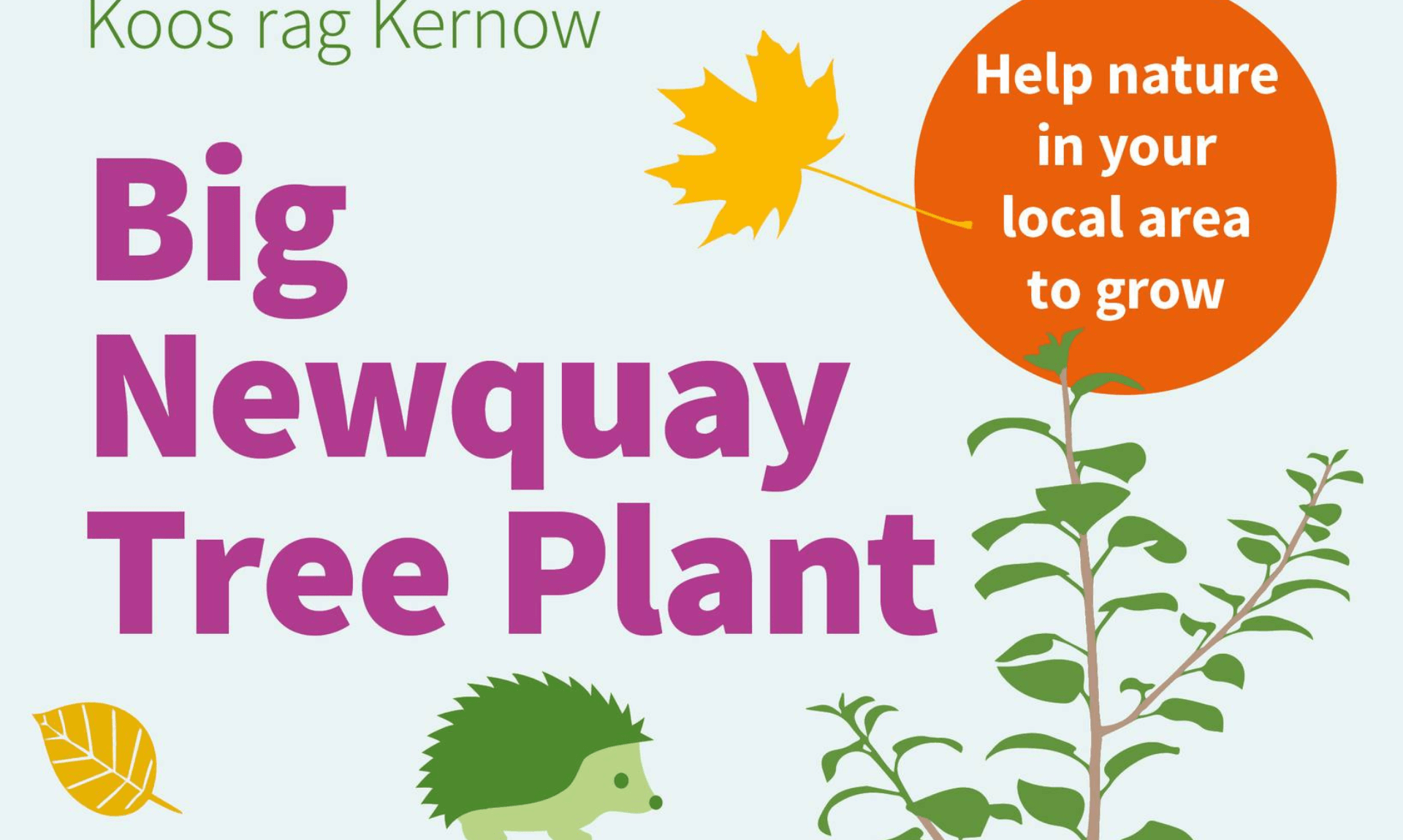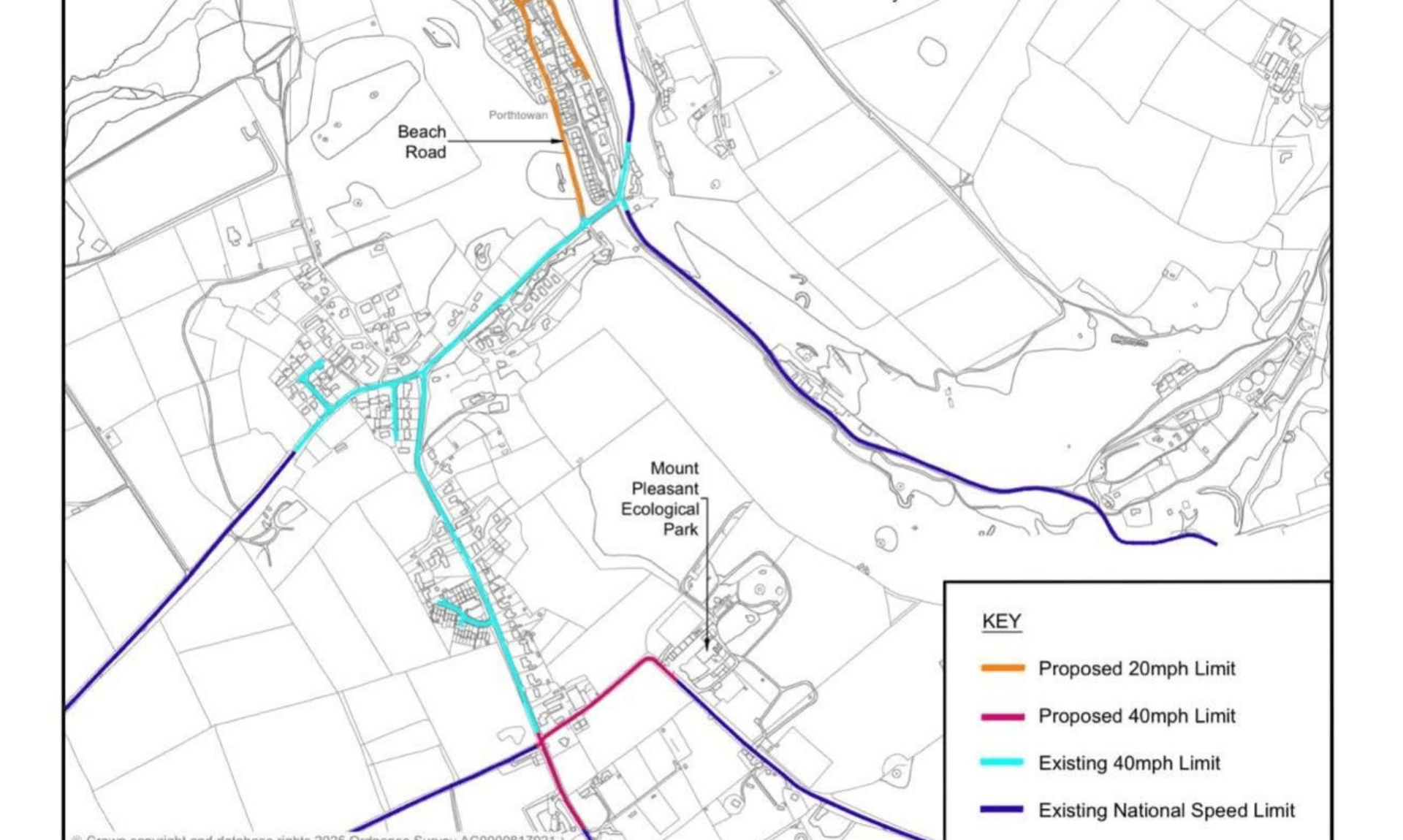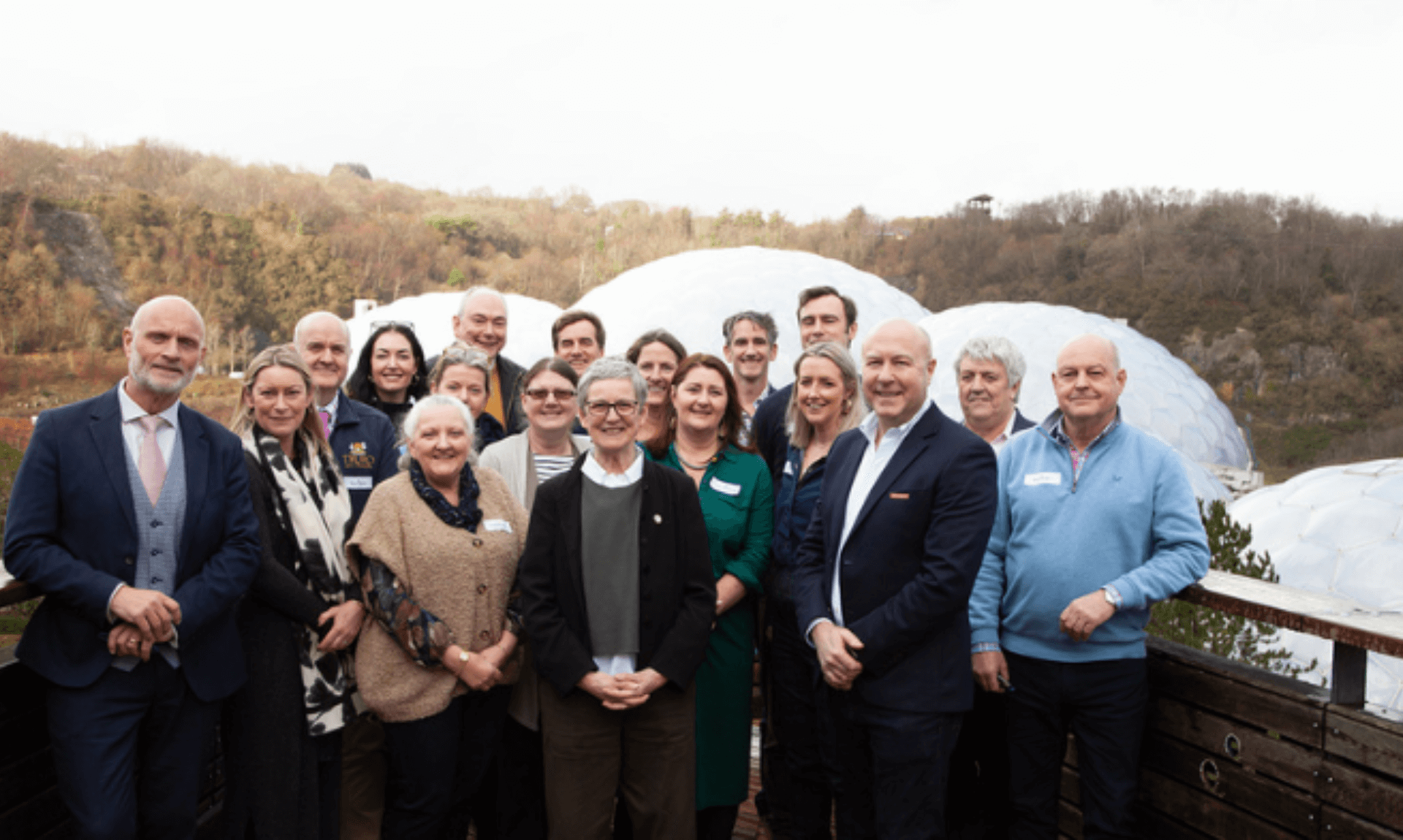Cornwall Community Foundation publishes Vital Signs 2025 report highlighting inequality, housing pressures and community resilience
The Cornwall Community Foundation (CCF) has today, Thursday 25th September 2025, published its Vital Signs 2025 report in partnership with the University of Exeter, revealing the growing pressures on life in Cornwall and the Isles of Scilly.
While the research highlights worsening inequality, housing shortages and stretched public services, it also celebrates the remarkable resilience of communities across the county.
Housing crisis deepens
The report shows the housing crisis has reached new levels, with over 21,000 households now on the social housing register – a 131% increase over five years. The number of households in temporary accommodation has also surged, rising 224% since 2019.
Jobs, income and rising hardship
Employment and living standards continue to come under strain. One in five employees earn below the real living wage, increasing to one in three in South East Cornwall. Between 2022 and 2024, Universal Credit claimants rose by 35%.
Child poverty remains alarming, with one in three children in Cornwall living in poverty after housing costs. Food banks distributed more than 35,500 emergency food parcels, including over 12,500 for children under 16.
Health concerns mount
The report highlights serious challenges in healthcare access. Mental health waiting lists now stretch to three years for children and 11 years for adults. Cornwall’s suicide rate stands at 15.6 per 100,000 – significantly higher than the 10.7 rate recorded across England and Wales.
Community strength shines through
Despite these pressures, Cornwall’s sense of solidarity is clear. Around 140,000 volunteers are contributing an estimated £490 million to the local economy.
Tamas Haydu, CEO of CCF, said:
“This report is not just a mirror of the present – it is a call to action. Whilst we face unprecedented challenges around housing, employment and access to services, we also see extraordinary examples of communities coming together to support one another. The strength of our voluntary sector and the deep connection people have to place and one another are powerful forces for change.”
Kim Conchie DL FRSA, Chair of CCF, added:
“The statistics in this report are sobering, but they tell only part of the story. Behind every number is a person, a family, a community working hard to overcome adversity. Our role at CCF is to support grassroots endeavours and help build a future that is fairer, healthier and more sustainable for all who call Cornwall home.”
Local organisations making a difference
The report highlights examples of community-led innovation. Falmouth Food Co-op CIC has created a sustainable model that supports local producers and provides affordable food during the cost-of-living crisis.
Amber, a regular customer, said:
“Shopping with FFC has made it easy for me to access a range of local suppliers and good quality, organic and agroecological food. I believe it is also saving me money as I now rarely, if ever, go to a supermarket.”
Homelessness charity St Petrocs also made a significant impact in 2024, helping 537 people move from homelessness, while their Winter Service supported 538 people – a 27% increase from the previous winter.
Rural and digital challenges
Cornwall’s rural geography continues to intensify problems. The report found 71% of survey respondents felt public transport was insufficient for commuting and accessing services. This affects healthcare access, with 44% reporting difficulties arranging transport for medical appointments – more than double the 19% recorded in 2022.
Digital connectivity is another hurdle. Cornwall’s average internet speed of 103 Mbps is 42% below the UK average, restricting opportunities for remote work and online services.
Environmental pressures
While Cornwall generates 40% of its electricity from renewables and has over 408 electric vehicle charging points, environmental concerns persist. The county has recorded more water pollution incidents than any other local authority area in England, and 85% of survey respondents believe Cornwall is being affected by climate change.
Positive developments
Not all findings were negative. Cornwall has become the first UK county recognised as a “Living Wage Place” by the Living Wage Foundation. The creative sector is thriving, with 10,870 people now employed in creative-related occupations, and Cornwall’s cultural heritage continues to provide strength and identity.
Looking ahead
The Vital Signs report draws on surveys from 371 residents connected to CCF-supported organisations and provides a clear evidence base for addressing challenges in Cornwall.
Tamas Haydu concluded:
“With shared purpose, bold leadership and community-driven solutions, Cornwall can turn adversity into opportunity. This report shows us where we need to focus our efforts, and more importantly, it shows us that we have the community strength to make real change happen.”
The full report can be read at: cornwallcommunityfoundation.com/insights/vital-signs-2025
Share This Story, Choose Your Platform!
To keep up with the latest cornish news follow us below
Follow CornishStuff on Facebook - Like our Facebook page to get the latest news in your feed and join in the discussions in the comments. Click here to give us a like!
Follow us on Twitter - For the latest breaking news in Cornwall and the latest stories, click here to follow CornishStuff on X.
Follow us on Instagram - We also put the latest news in our Instagram Stories. Click here to follow CornishStuff on Instagram.
You Might Also Be Interested In
Don’t Miss What’s Happening in Cornwall
Join others in Cornwall by receiving the latest daily news in Cornwall, sent direct to your inbox.



